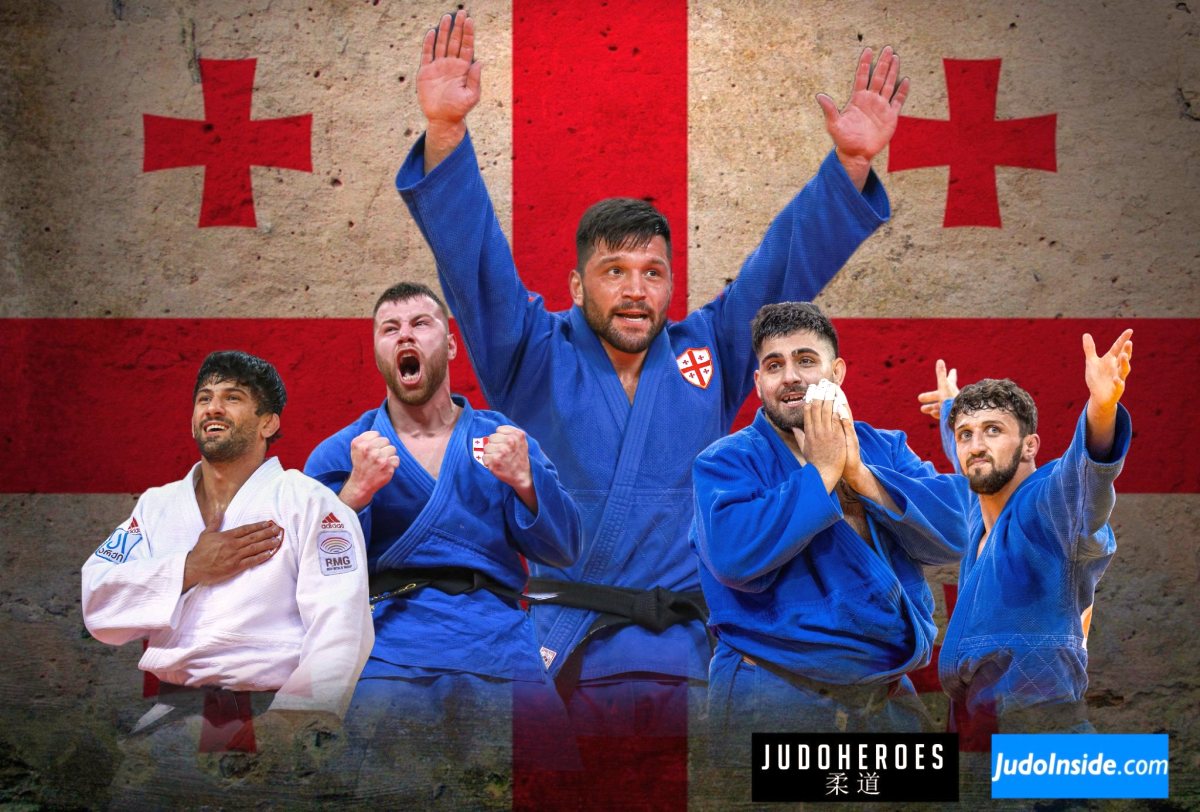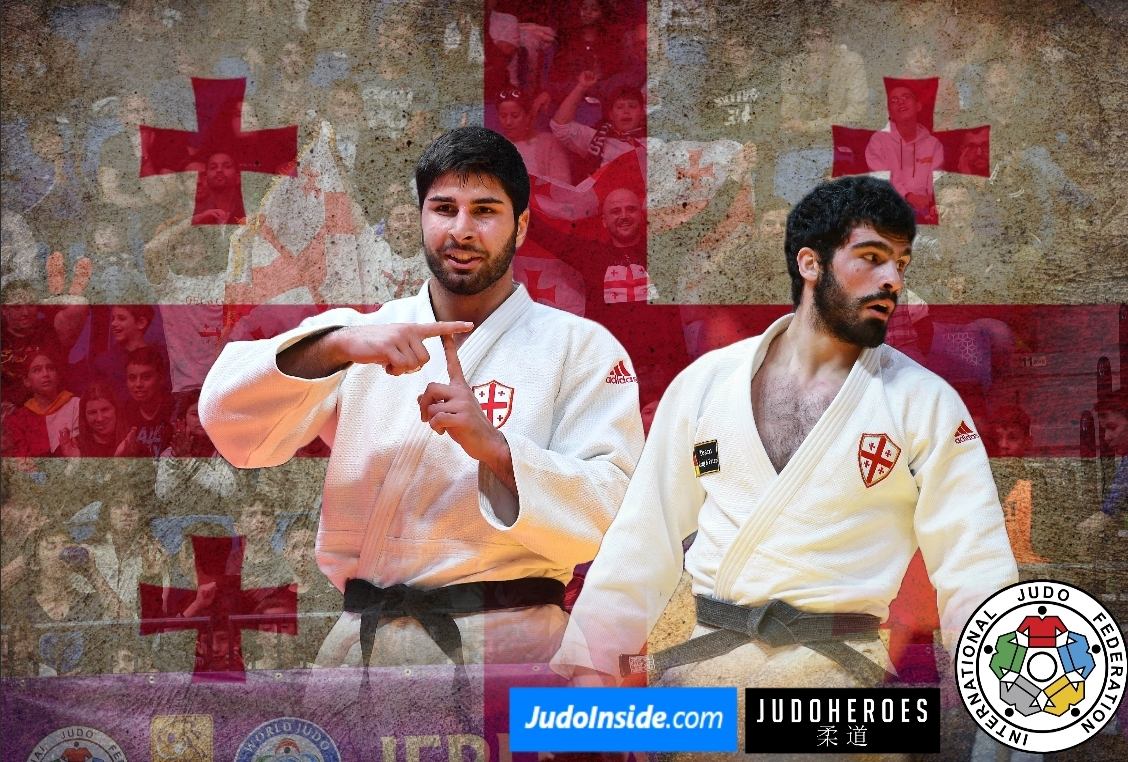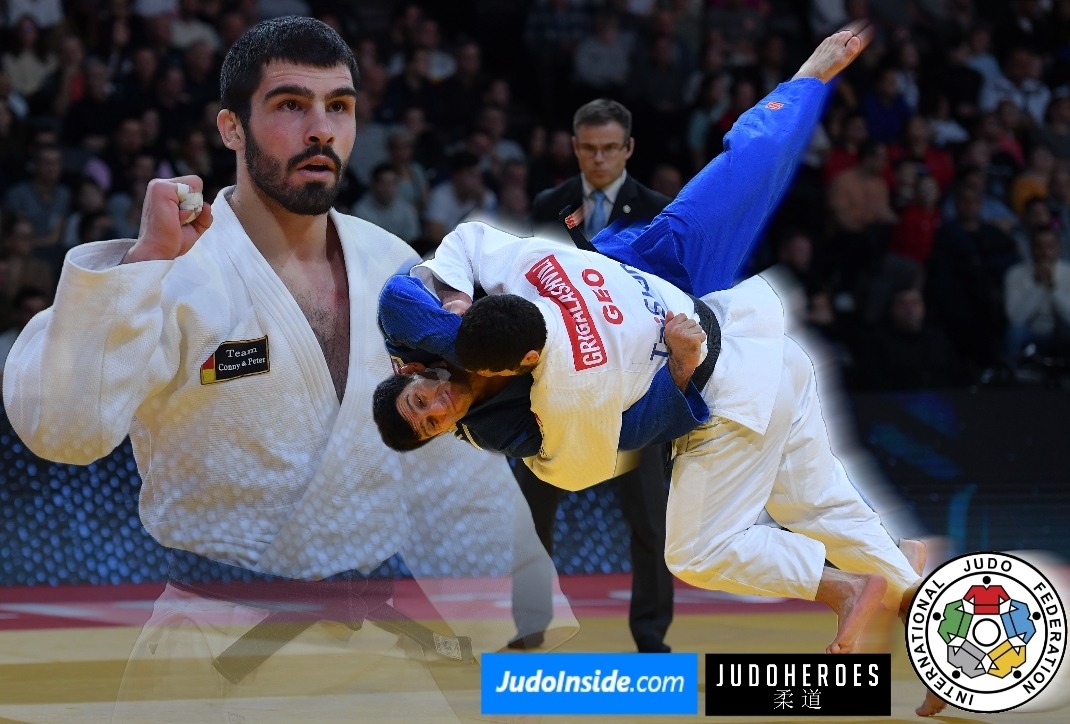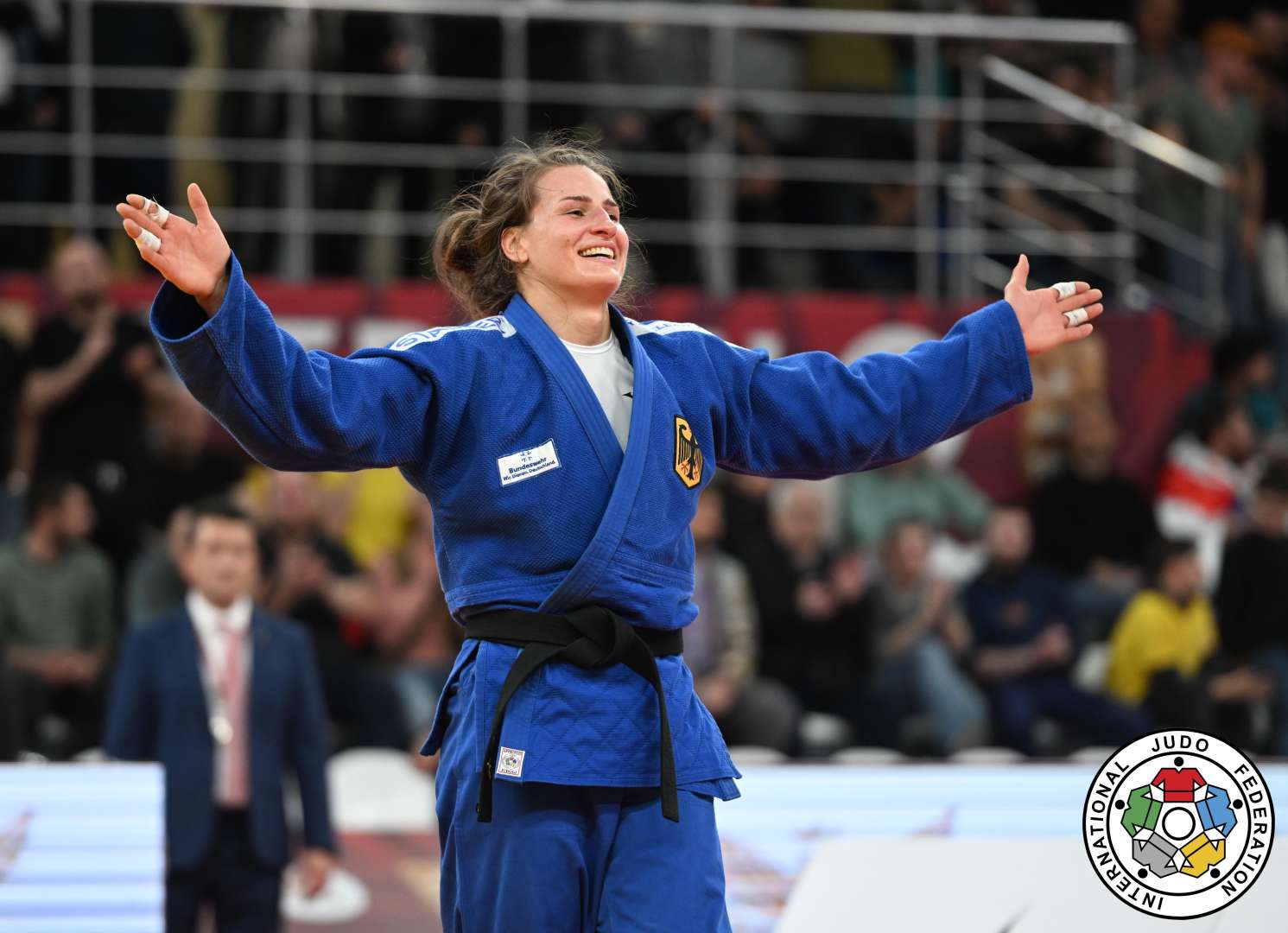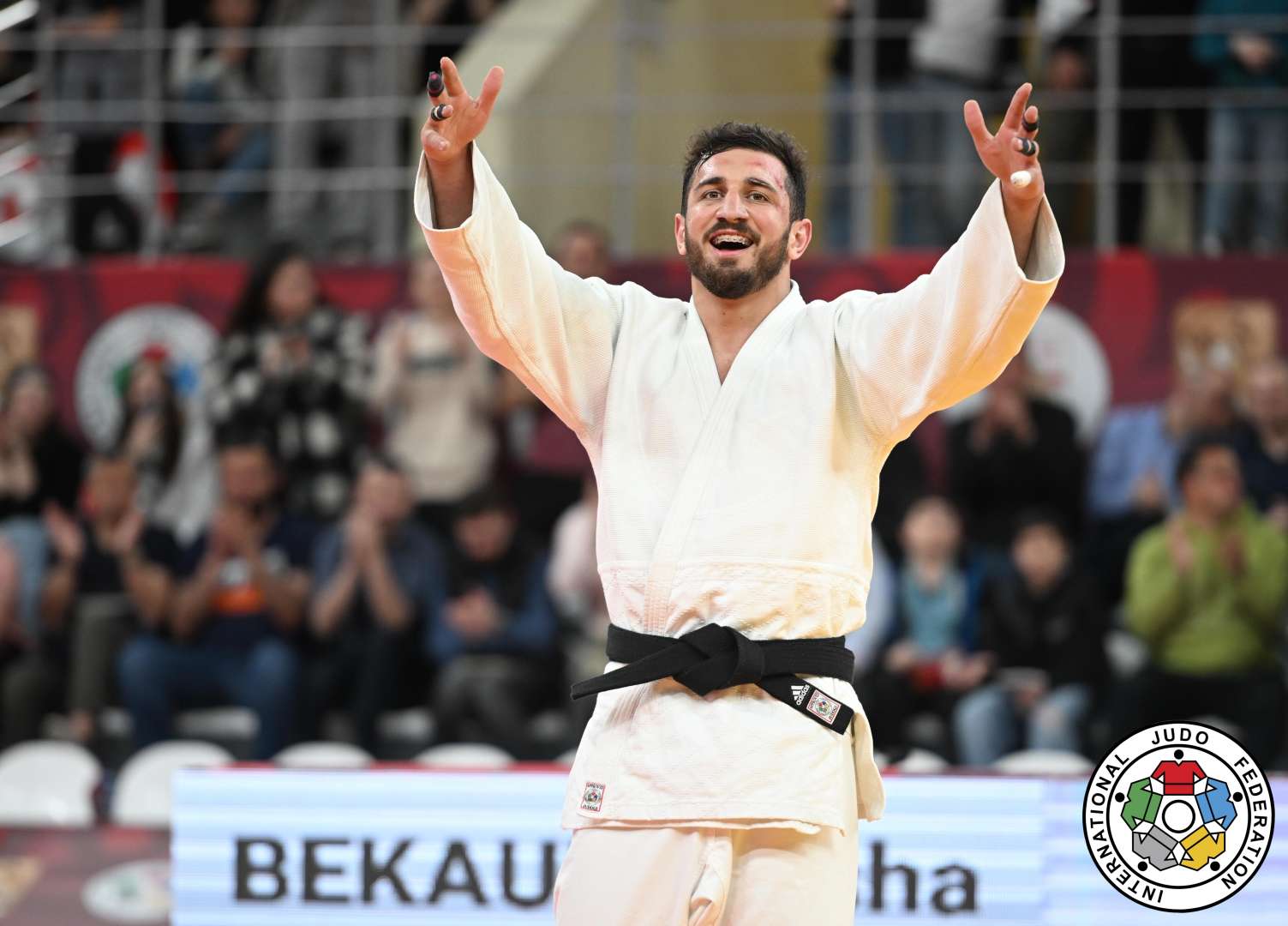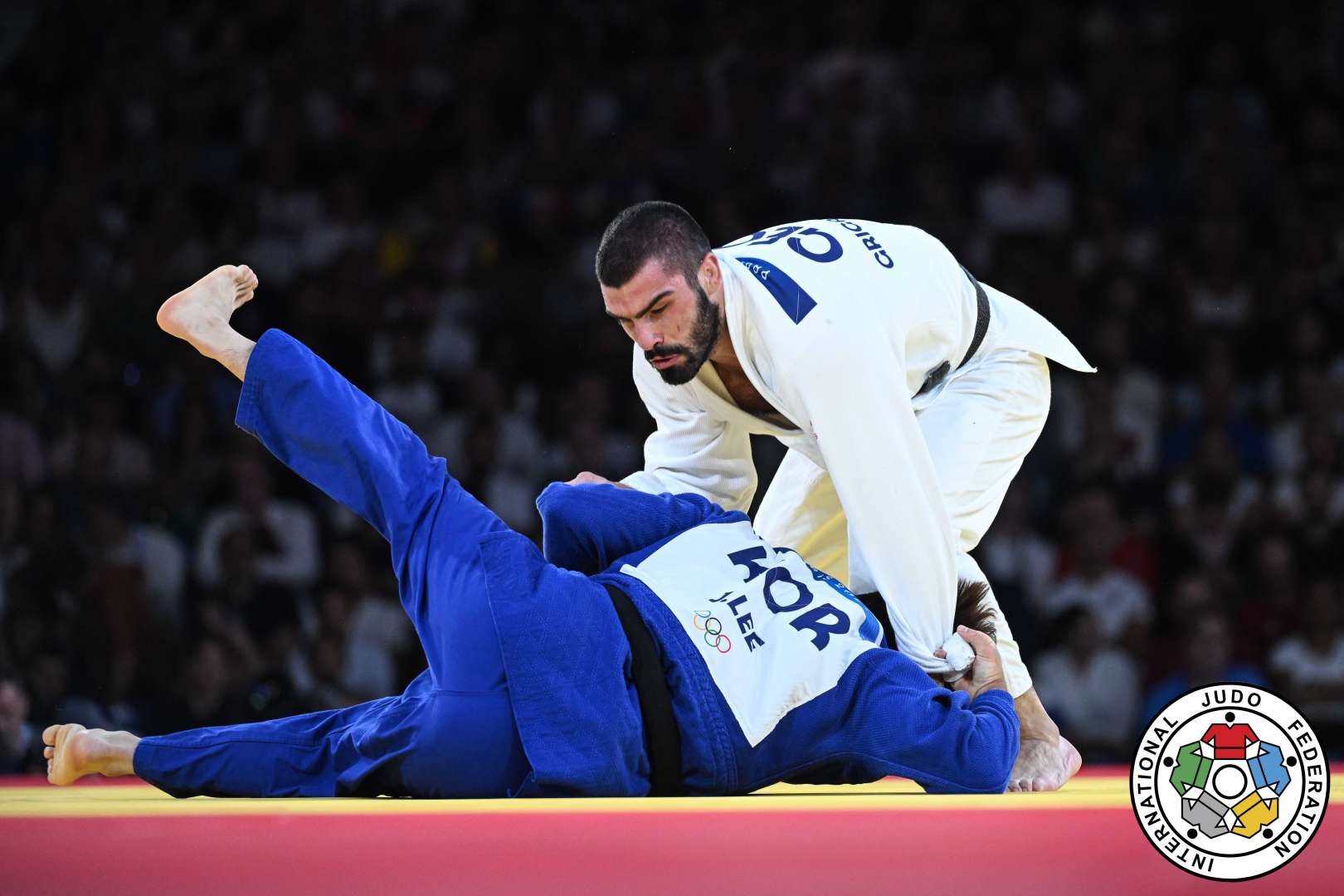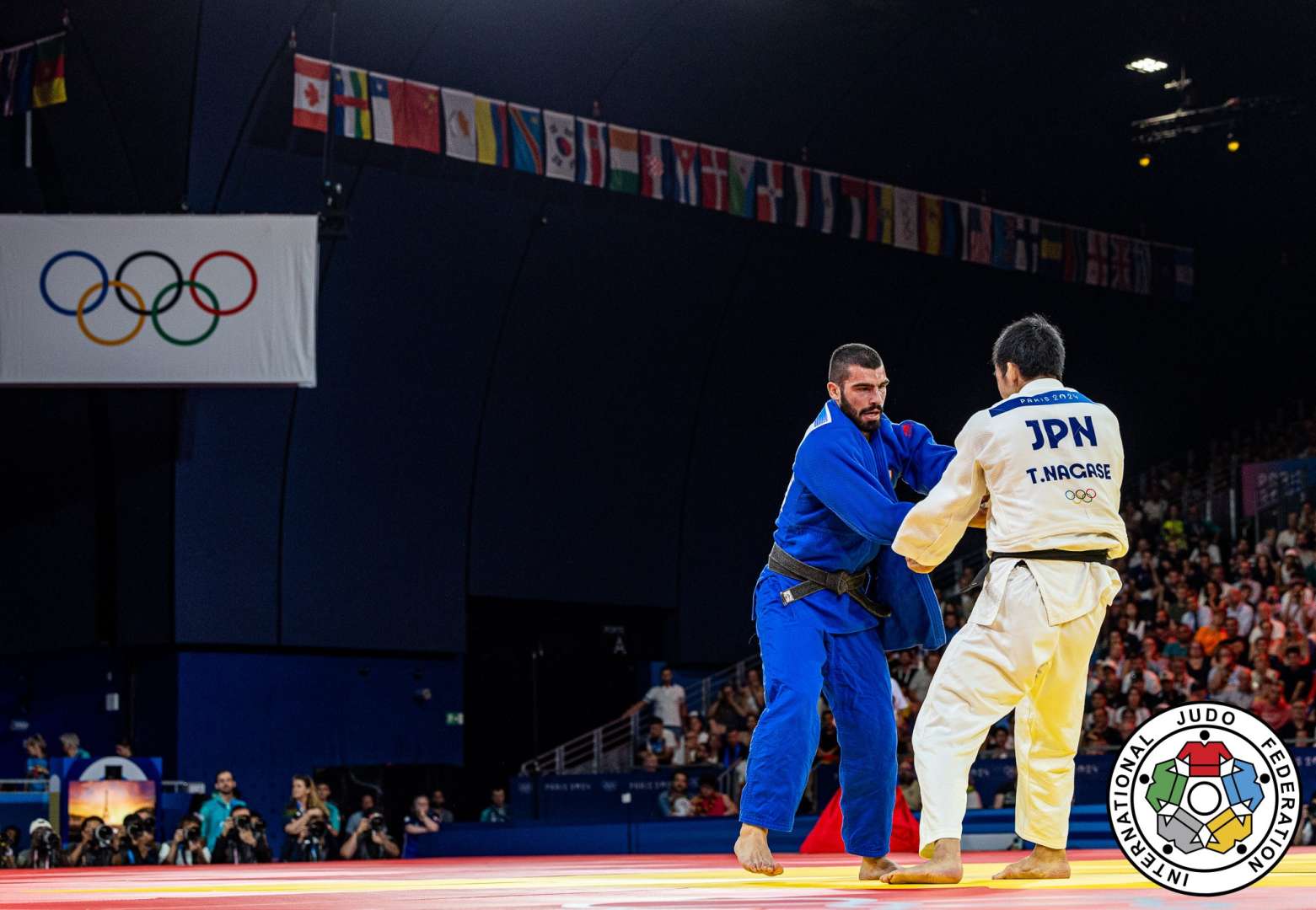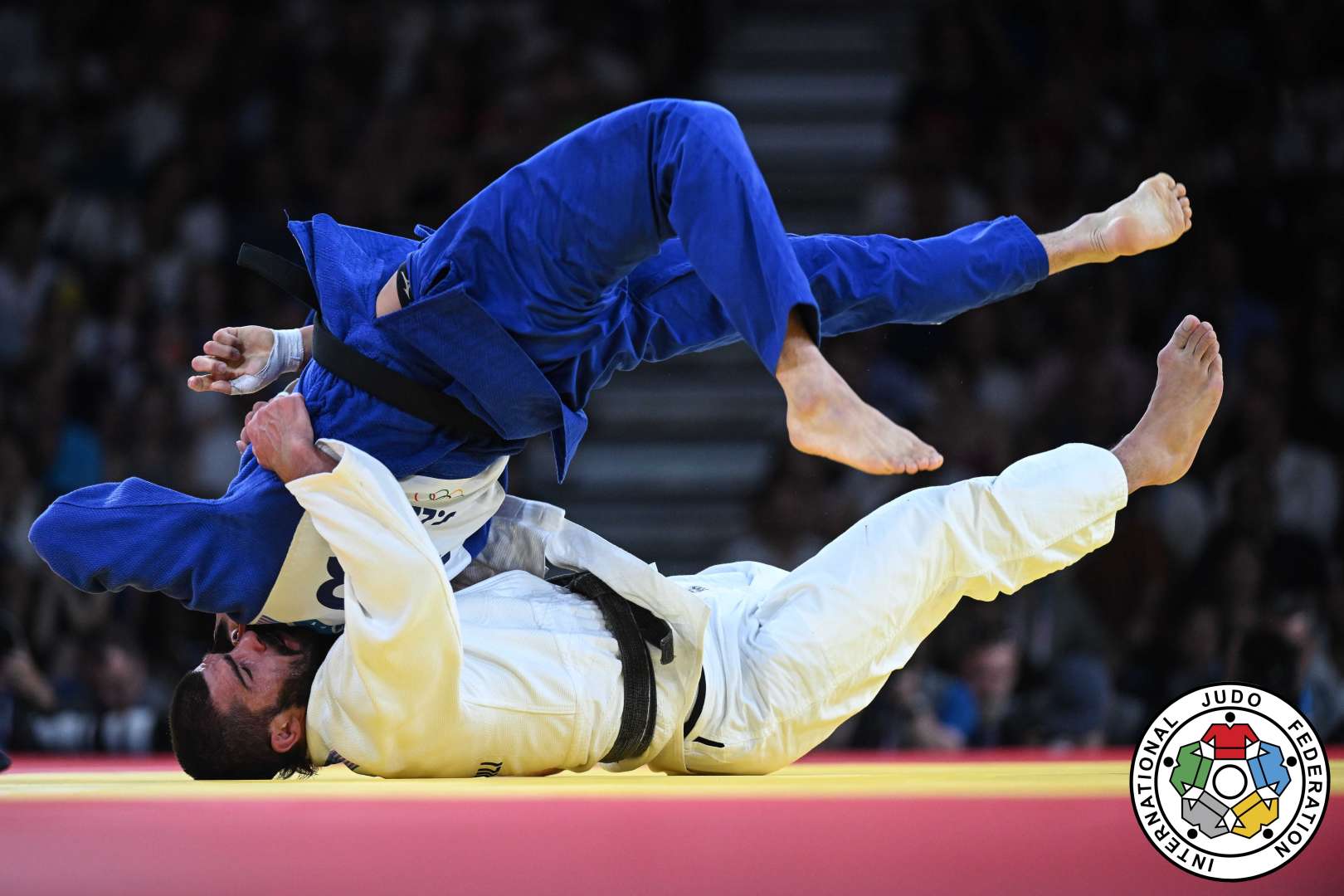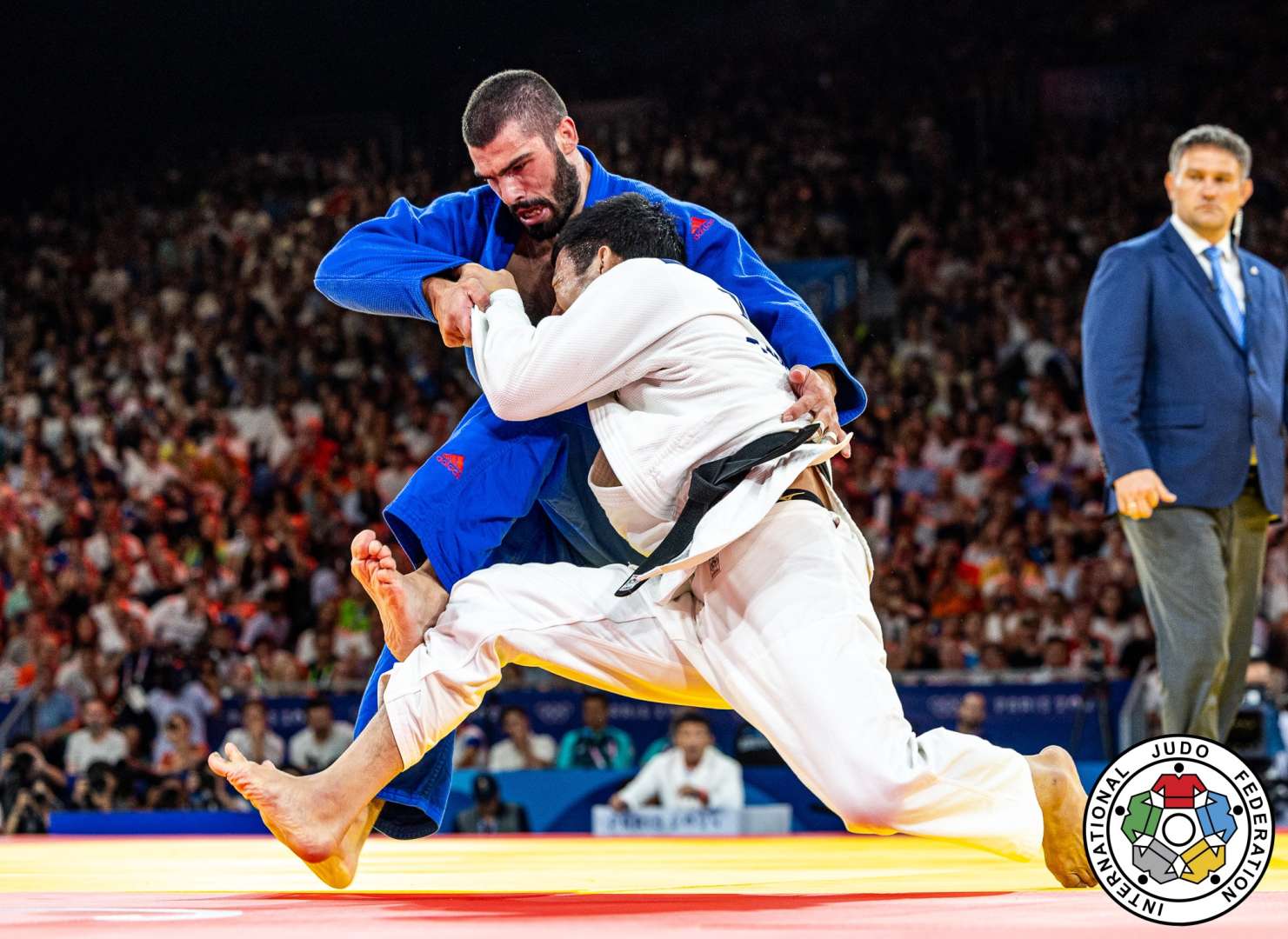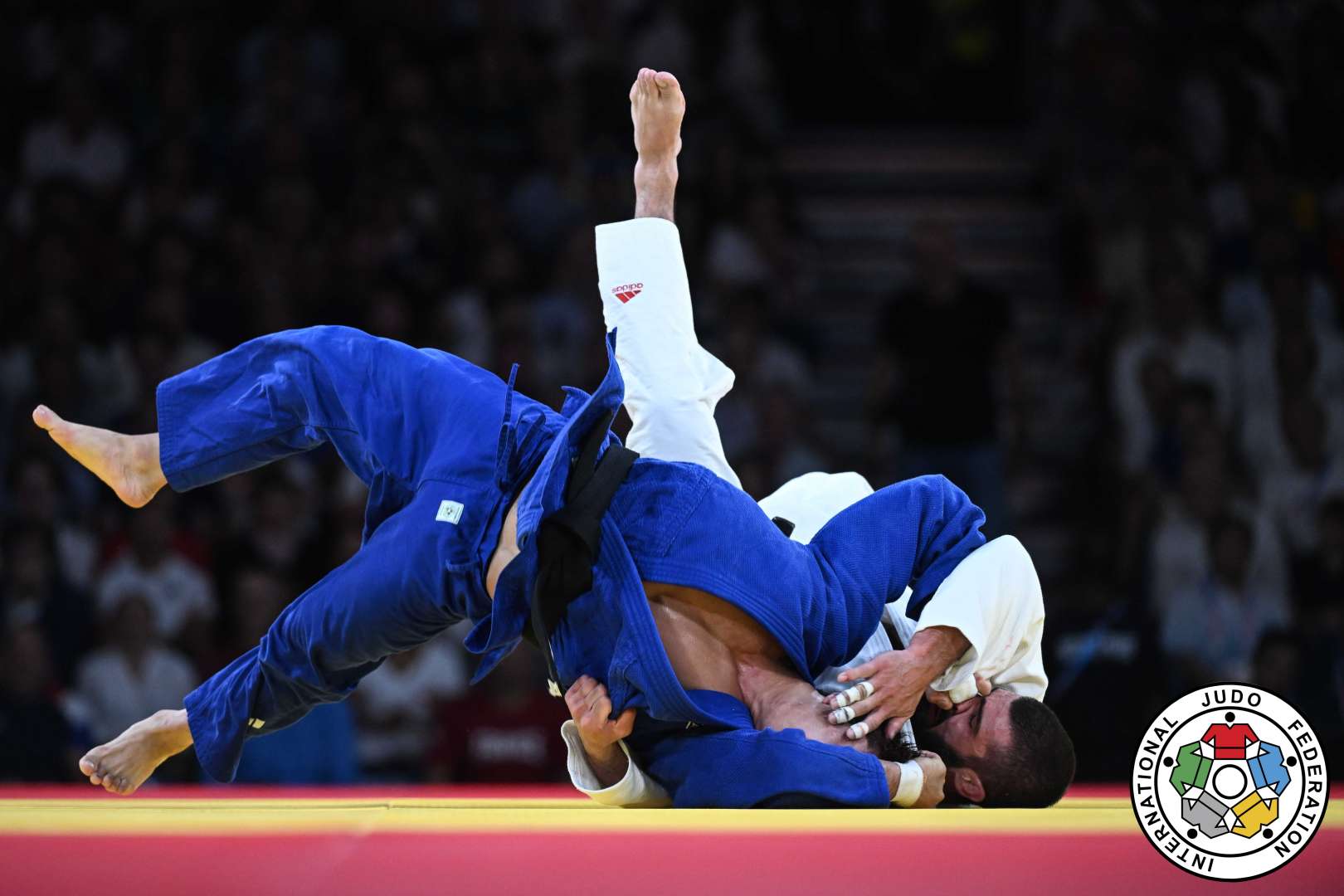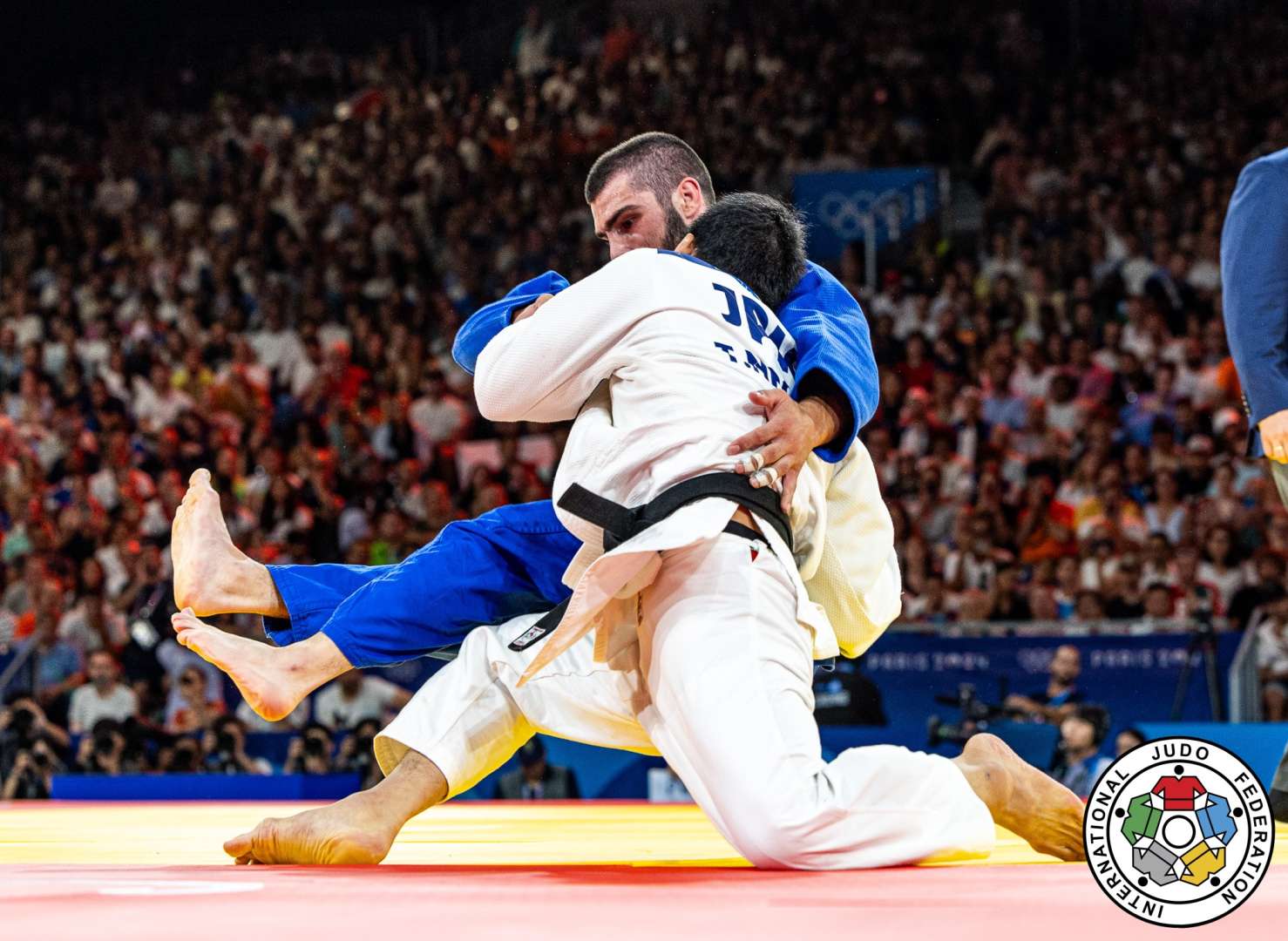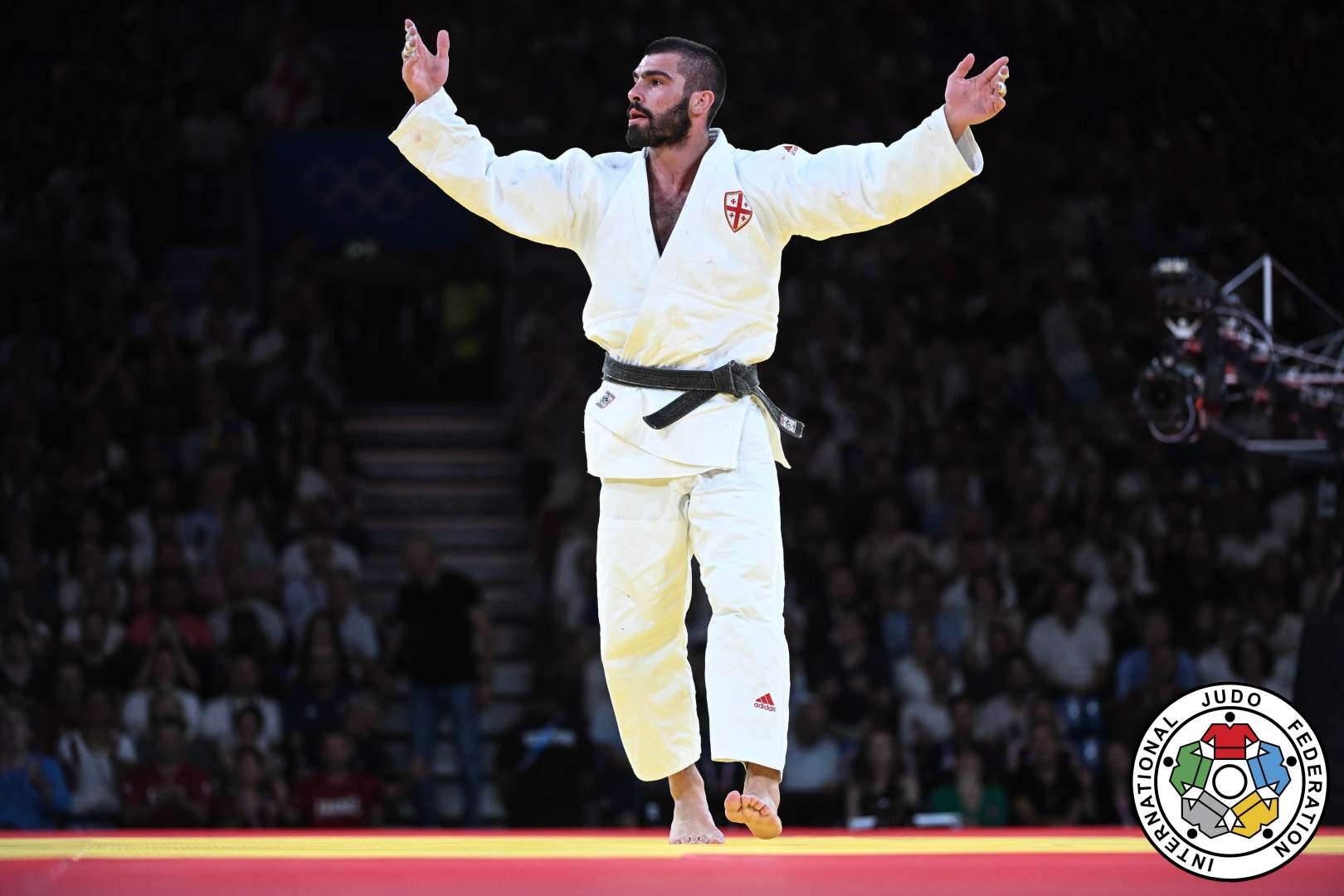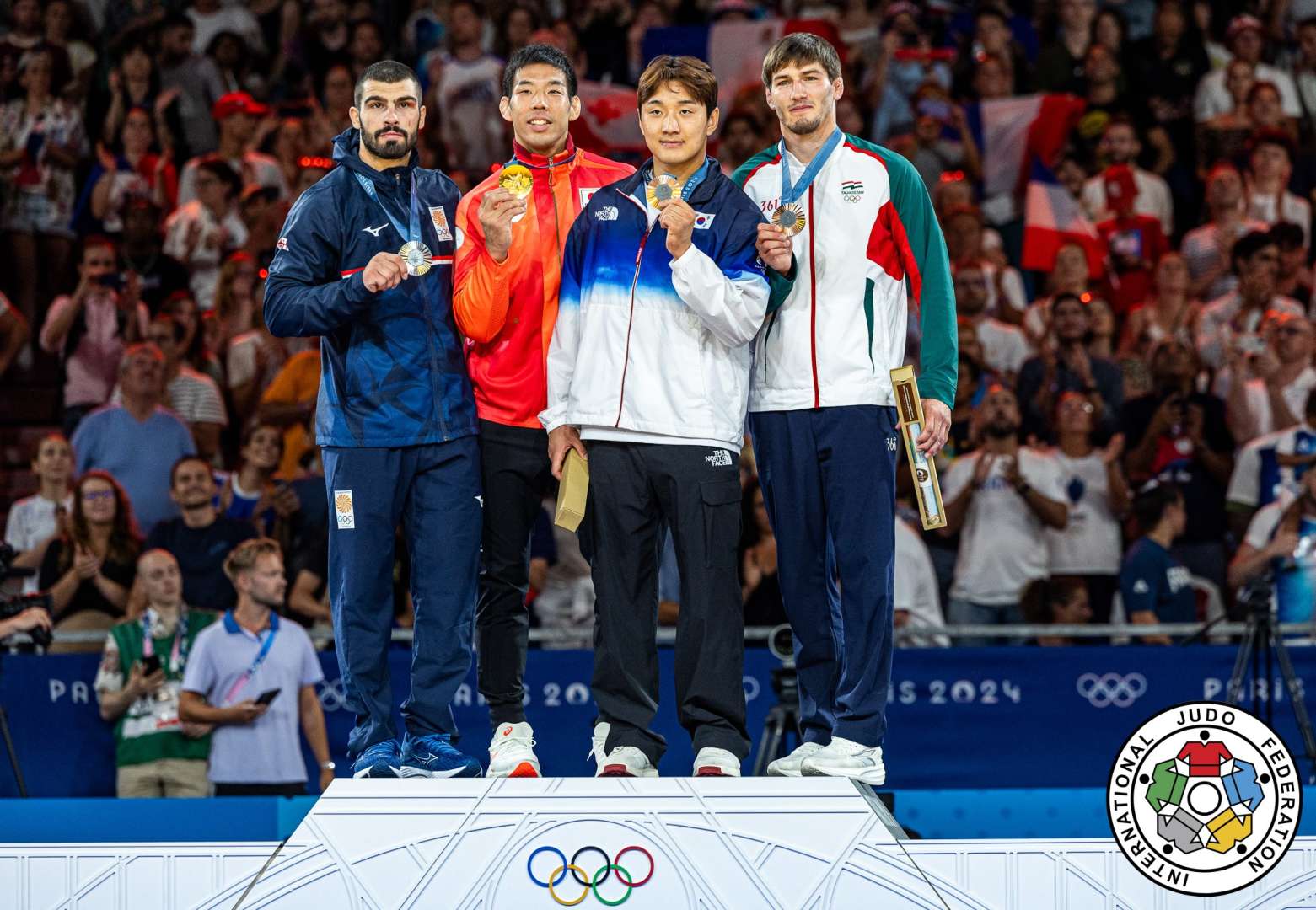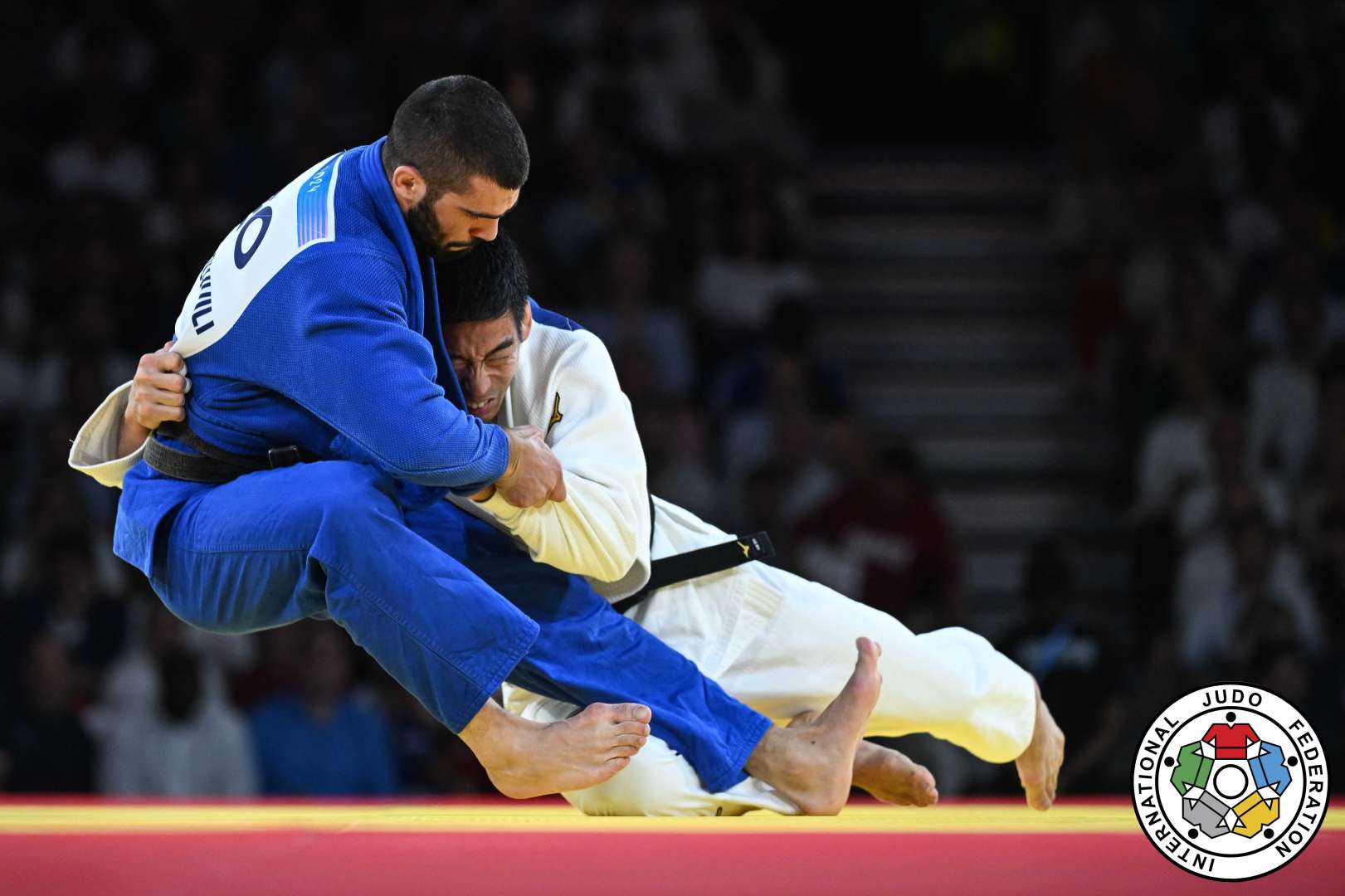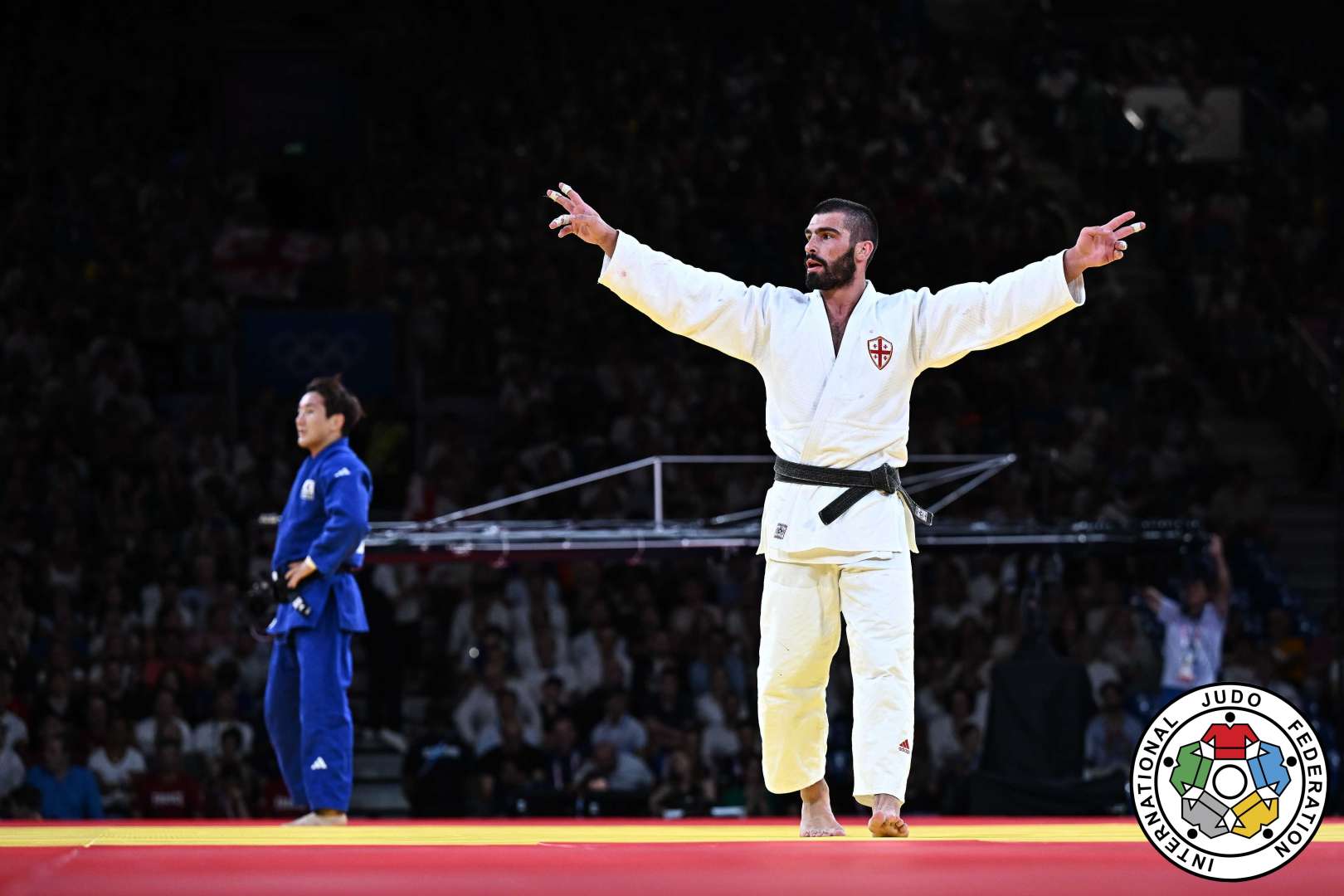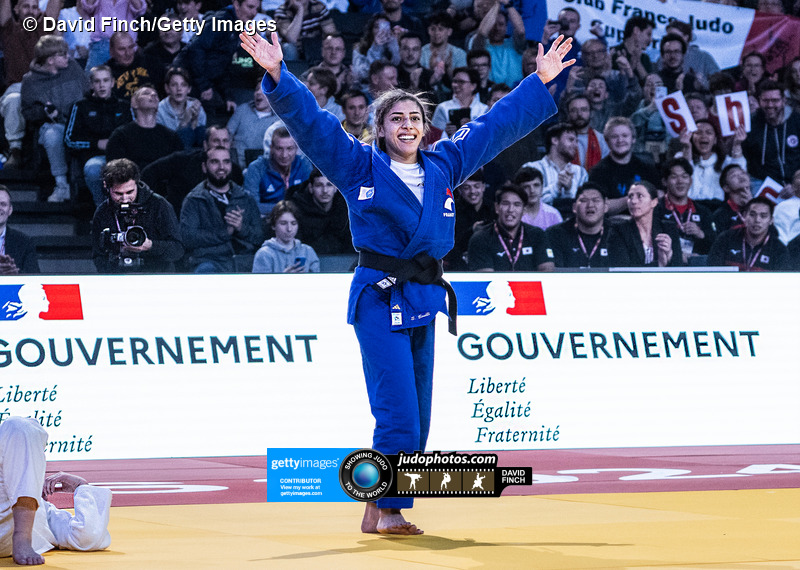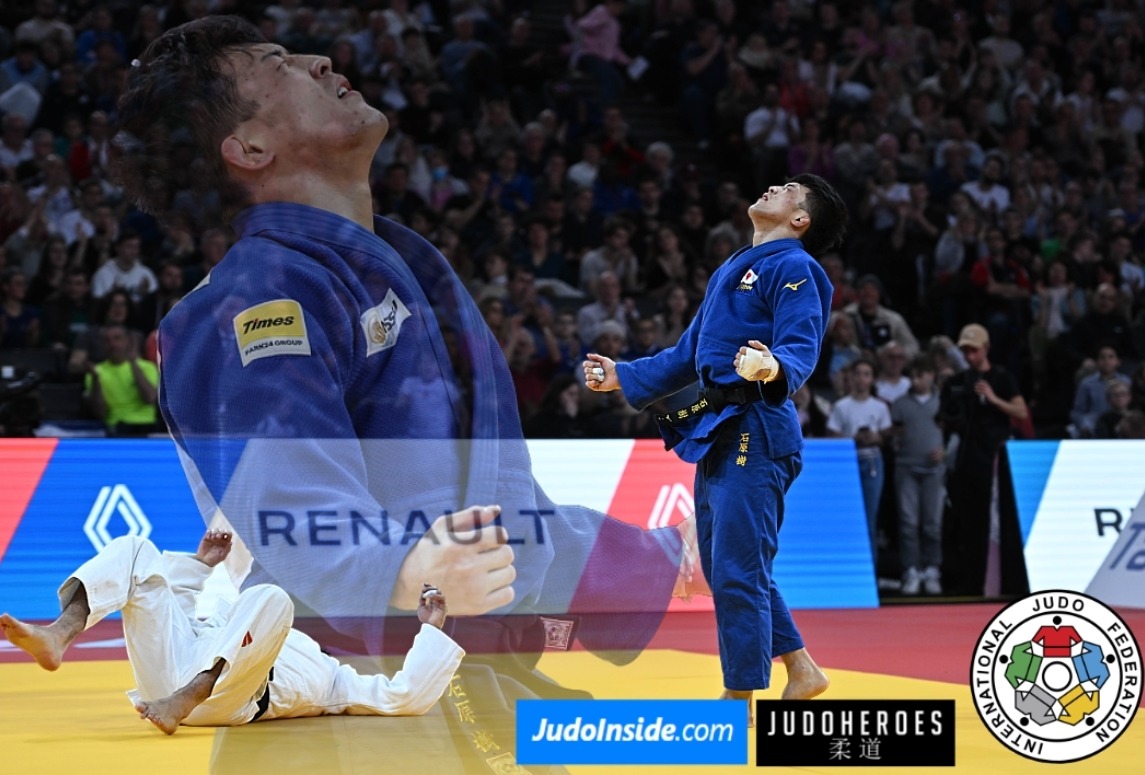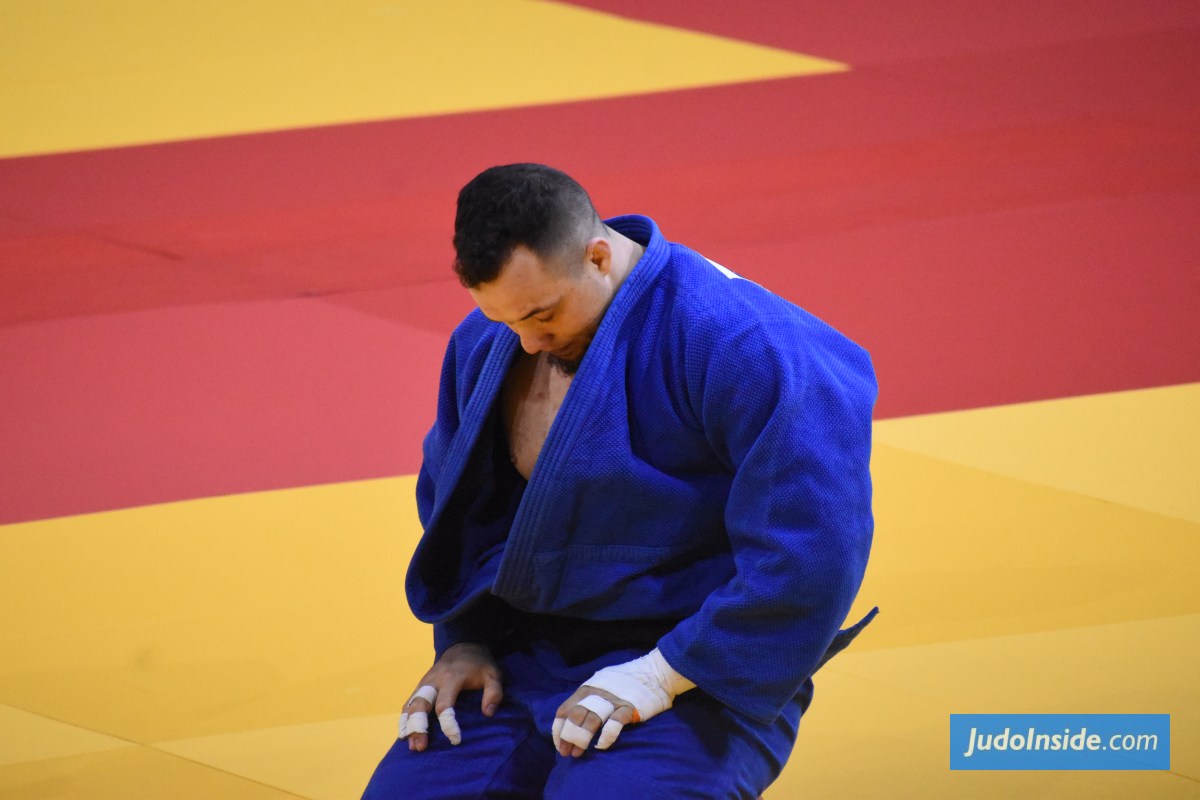The development of Georgian judo
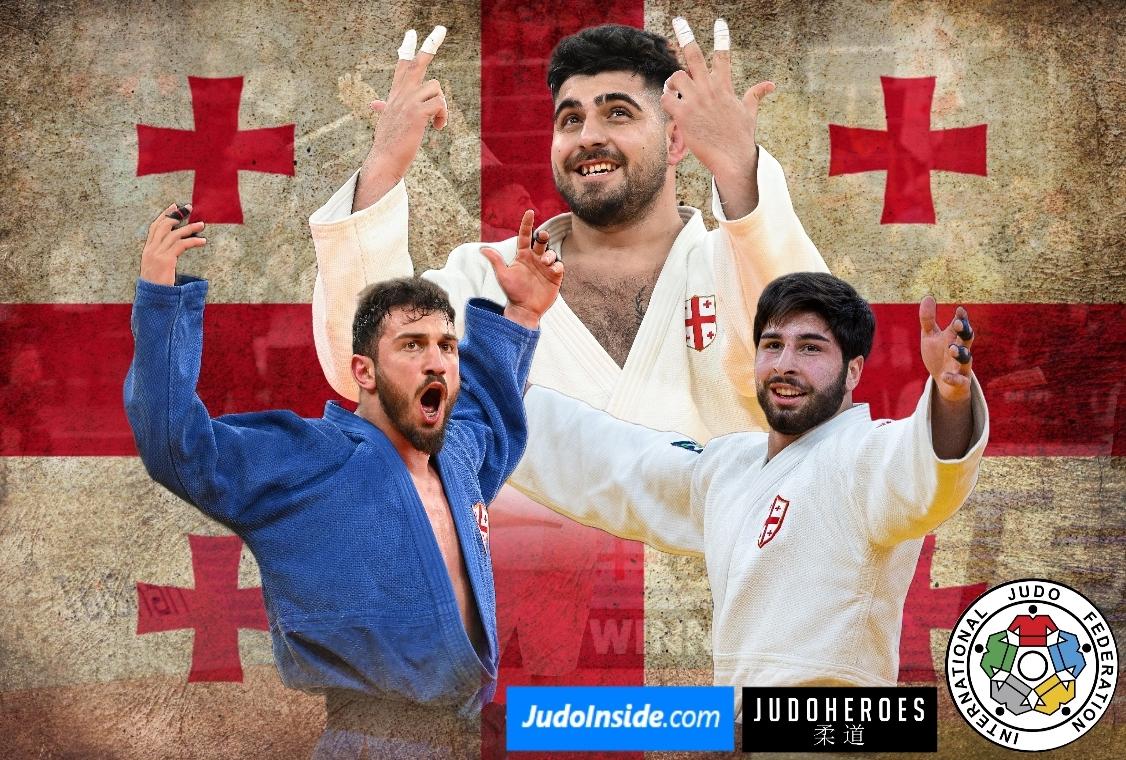
 24 Mar 2023 15:50
24 Mar 2023 15:50
 IJF Media team by Jo Crowley and JudoInside
IJF Media team by Jo Crowley and JudoInside
 JudoHeroes & IJF Media / Copyright: www.ijf.org
JudoHeroes & IJF Media / Copyright: www.ijf.org
Judo has a rich tradition in Georgia. Since the 1960s, Georgian judoka have competed successfully on the international stage. The Tbilisi International Judo Tournament itself dates back to 1970. The interest in judo in our country is growing year by year and this is a great credit to the professionals working in the judo federation. Judo experts bowed over the question, is there a secret to the success of Georgian judo?
The two IJF Judo commentators Neil Adams and Sheldon Franco-Rooks say the first thing that comes to mind is passion. "They live through judo, they love judo and for them it's not a hobby. If you compete for Georgia, it means a lot. For everyone here, being in the national team is not just important, it's a life goal. Every little child who is starting judo in the country dreams of reaching the national team one day. They dream of performing,” explains Sheldon, before adding, "There is definitely a Georgian style in judo and its roots dive deep into Georgian history. I used to think that all judoka came from traditional wrestling. It's not necessarily the case but there were obviously some influences. This was true in the past but today many Georgian judoka have never practised wrestling. They are pure judo people. They just embrace the tradition and history.
My colleague and friend Neil Adams says it very well, when we are commenting matches that involve Georgian judoka, 'Something's going to happen.’ This is one of his favourite sentences and it applies perfectly here. Yes, as soon as a Georgian athlete enters the tatami, something is going to happen."
Adams says: "Georgia is a fighting nation and everything they do comes from the heart. Today Georgian competitors are so well prepared and there is a depth of good judo in all men’s categories. It feeds everyone with positive vibes and energy. There is a mixture of traditional wrestling and modern judo in the Georgian style. No-one can deny that, but today it creates fantastic judo. It's a great combination. When you meet a Georgian judoka, you need to be prepared. I often compare them to Mongolian athletes as well. They had to fight throughout their history and it left traces in their respective styles. When I was competing, I can tell you that every time I had to face a Georgian judoka, it was a real battle. The point is that in the past we didn't always know they were coming from this region but we could feel it."
Vladimir Barta, IJF Head Sport Director, has a good experience of it, as an athlete, a coach and today an IJF official, "Through the years, I have seen massive development of Georgian judo. I remember that coming here in the late 70's to compete or to train was always complicated. The style was so strange. It was more wrestling than judo. They were immune to our judo but we were not immune to their style. The rules at that time made it possible for them to apply their own techniques and we didn't have that many solutions to oppose them.
Today, I can say that you can still see those features in Georgian judo but they adapted all to modern judo. They can now win on the floor, they can still apply massive throws and use extraordinarily stylish judo. They made a big step forward in recent years. One way they have done it is in the preparation of the athletes. We knew in the past that we may have a chance if we could fight for more than three minutes. This is not the case anymore. They are super-well prepared.
I must also underline that they made really good progress in women's judo and that’s great. I would say that Georgian judo shows very good technical skills, improved ne-waza and still has this capacity to throw when you make the mistake of getting closer. You have to be aware of it."
Giorgi Atabegashvili, the Georgian Judo Federation President, has his thoughts about the question of the secret of Georgian judo, "I think our fighting spirit comes from our history. Georgia's geographical situation and the fact that we had to fight for our freedom throughout the centuries, together with our mentality, our attitude and our hospitality, make it that we love to compete in a respectful way but with all our energy. It is part of our DNA. It is cultural, this is inside us. Yes, we can say that chidaoba, the Georgian traditional wrestling style had an influence on our judo, like many other wrestling styles, but today, it helped us to create a real Georgian judo style on its own. It serves as an example for other nations and we are happy about it."
 like
like
 share
share
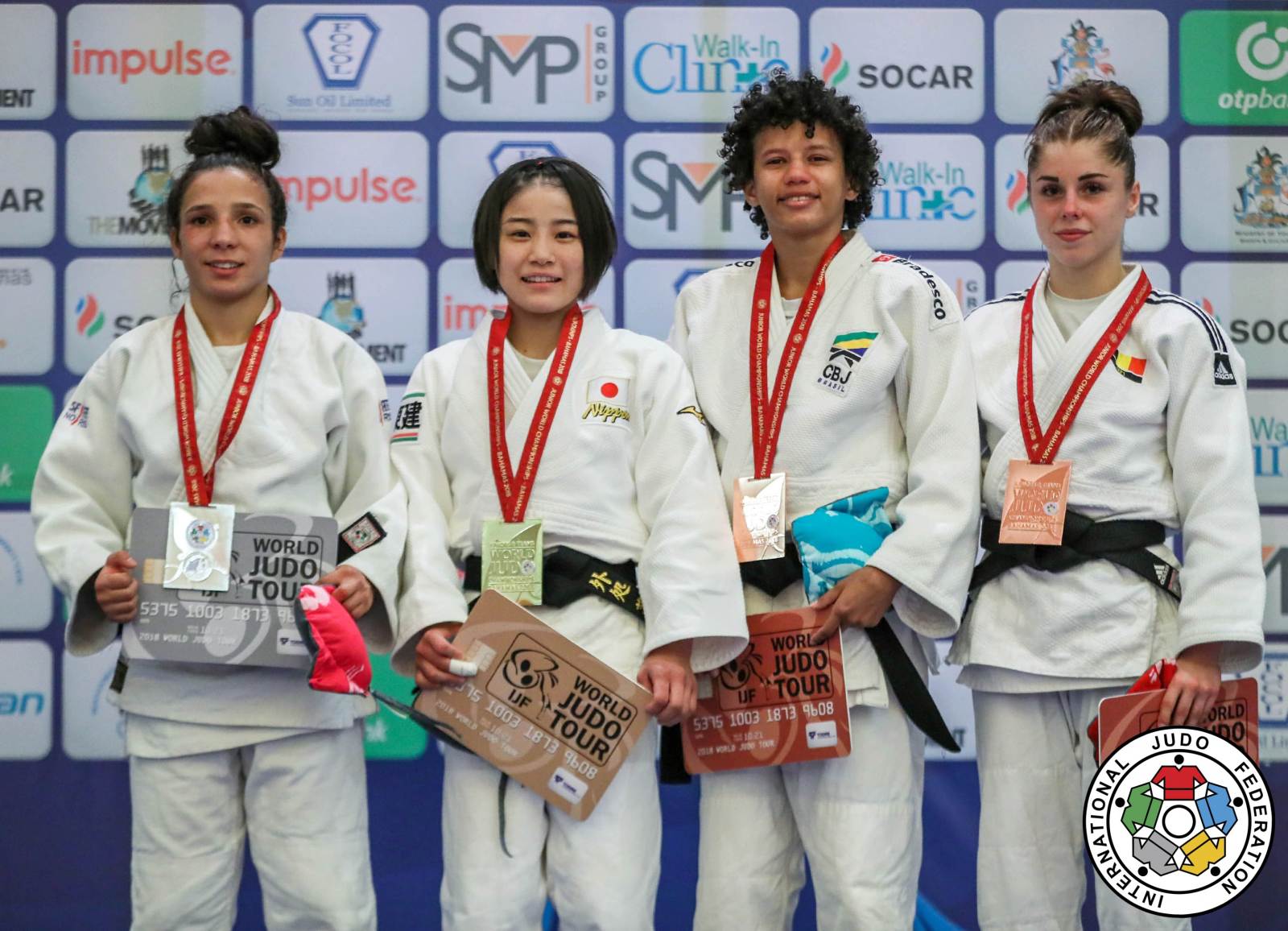
| Result | City | Date |
|---|---|---|
| 2 | Paris | 2024 |
| 1 | Abu Dhabi | 2024 |
| 1 | Zagreb | 2024 |
| 3 | Belgrade | 2023 |
| 2 | Montpellier | 2023 |
